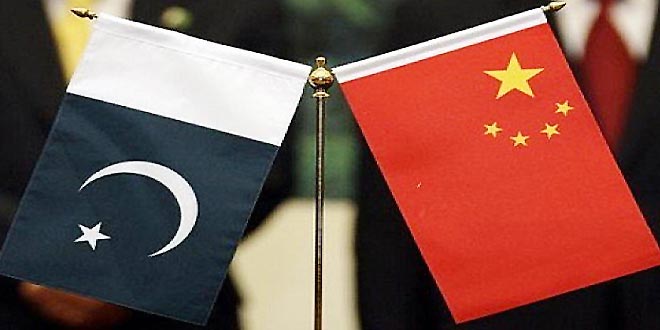Pakistan has approached China with a request to defer $3.4 billion in debt for a period of two years, aiming to address a foreign funding shortfall identified by the International Monetary Fund, as reported by media on Saturday. This marks the second occasion within the last five months that Islamabad has sought to renegotiate loans from Beijing’s Exim Bank. Deputy Prime Minister Ishaq Dar formally presented this request during his recent visit to Beijing, according to sources cited by The Express Tribune.
Government officials indicated that Pakistan has asked the Export-Import Bank of China to consider restructuring its loans that are due between October 2024 and September 2027. The extension of two years is intended for the repayment of official and guaranteed debts acquired from the Exim Bank, while Pakistan will continue to fulfill its interest payment obligations.
Sources indicate that Pakistan must identify sources of financing to address an external funding shortfall of $5 billion for the duration of the three-year program. It has been reported that Chinese authorities are optimistic, and there is hope that Beijing will agree to alleviate Pakistan’s external funding challenges. Previously, in September of the prior year, the Finance Minister reached out to the Exim Bank to request a rescheduling of payments.
A joint statement from China and Pakistan released on Thursday highlighted Pakistan’s deep appreciation for China’s significant support in maintaining its fiscal and financial stability. This statement followed President Asif Ali Zardari’s official visit to Beijing.
The $3.4 billion debt is set to mature between October 2024 and September 2027, aligning with the timeline of the three-year IMF program. Sources reveal that the bank has provided two forms of loans: direct lending and guaranteed lending to State-Owned Enterprises (SOEs).
The rescheduling of these loans is deemed essential for Pakistan and is a component of the broader $5 billion external financing strategy that Islamabad must execute to address the gap identified by the IMF during the signing of the bailout package in September of the previous year. From October 2024 to September 2025, the $505 million in direct loans from Exim to the government will mature, coinciding with the first two reviews of the IMF program.
From October 2025 to September 2027, an additional $1.7 billion in direct loans to the government will reach maturity. This increases the total direct lending requiring a two-year extension to $2.2 billion. Concurrently, China’s loans amounting to $1.2 billion to state-owned enterprises (SOEs) will also mature during the period from October 2024 to September 2027, with a significant portion maturing in October of this year.
Should Pakistan fail to repay the $3.4 billion debt, its external financing gap will decrease by the same amount. Recently, the government secured a $1.2 billion oil facility from Saudi Arabia and obtained a $300 million loan through United Bank Limited to address the overall financing shortfall.
Pakistani officials have conducted several meetings regarding the restructuring of the $3.4 billion debt and have shared relevant data with the Exim Bank. The country remains heavily reliant on China for financial support, with Beijing consistently rolling over $4 billion in cash deposits, $6.5 billion in commercial loans, and a $4.3 billion trade financing facility.
In the meantime, Fitch Ratings, one of the leading global credit rating agencies, indicated on Friday that obtaining adequate external financing continues to pose a challenge for Pakistan, given the substantial maturities and the existing exposure of lenders. The agency noted that Pakistan has allocated approximately $6 billion in funding from multilateral institutions, including the IMF, for the current fiscal year; however, around $4 billion of this amount will primarily serve to refinance existing debt.






